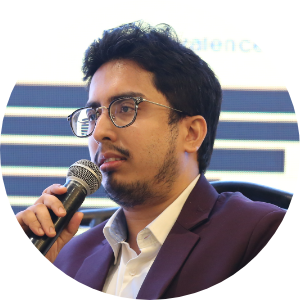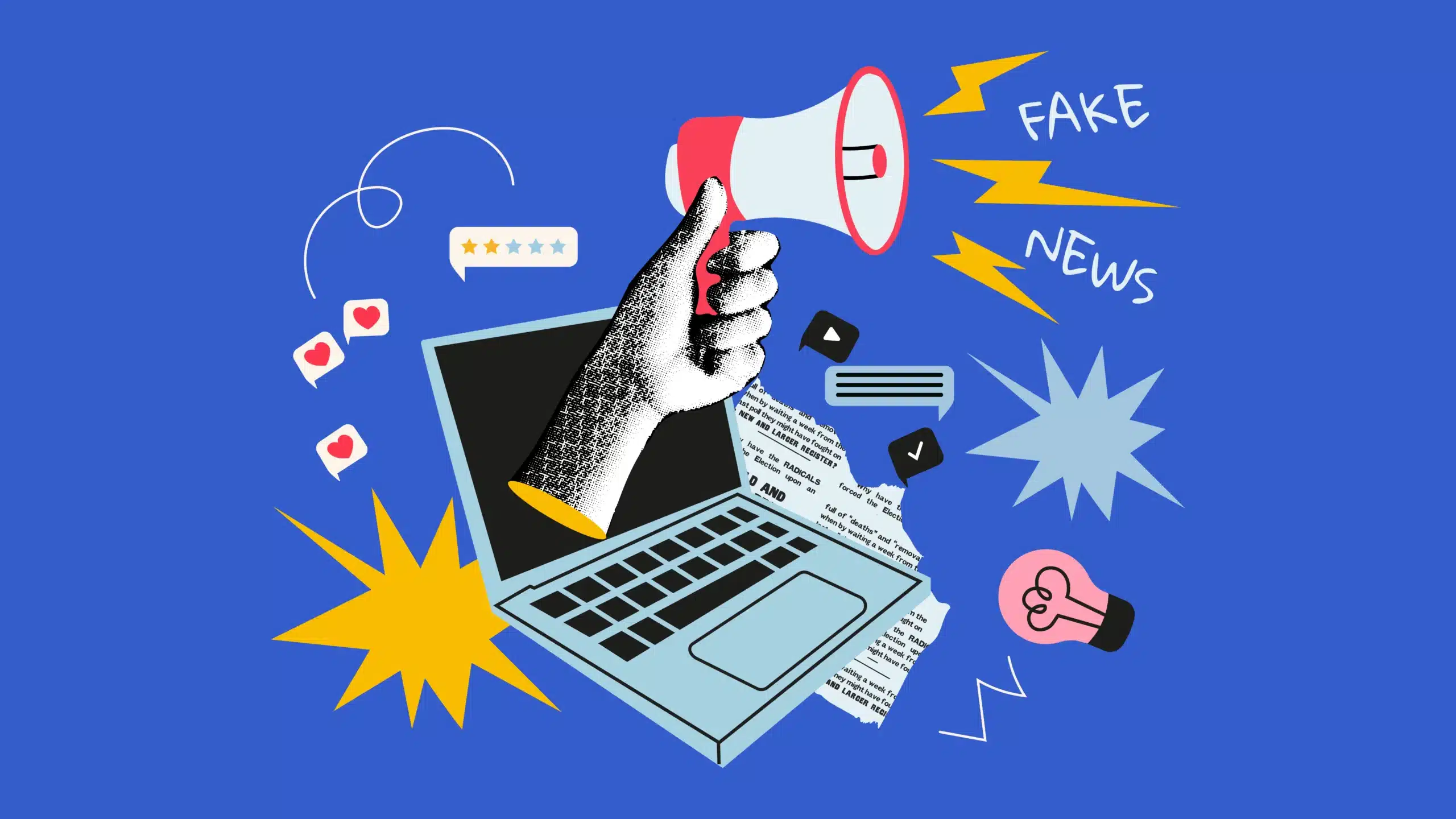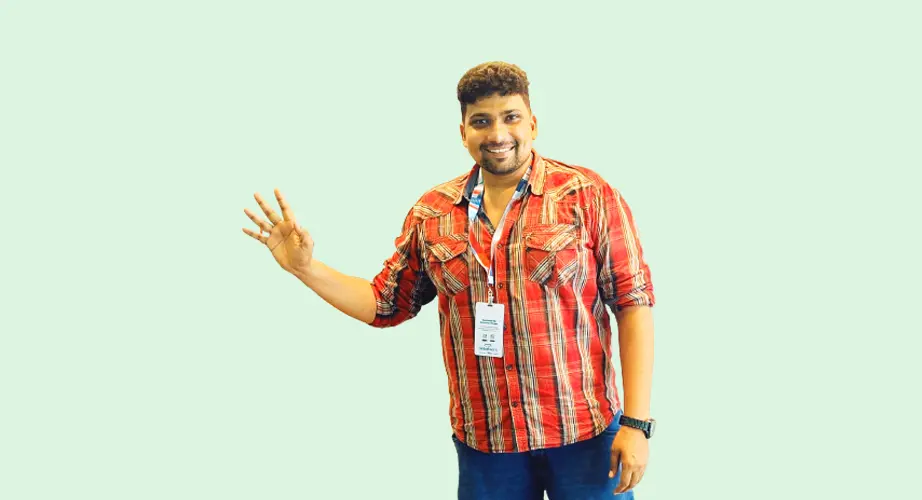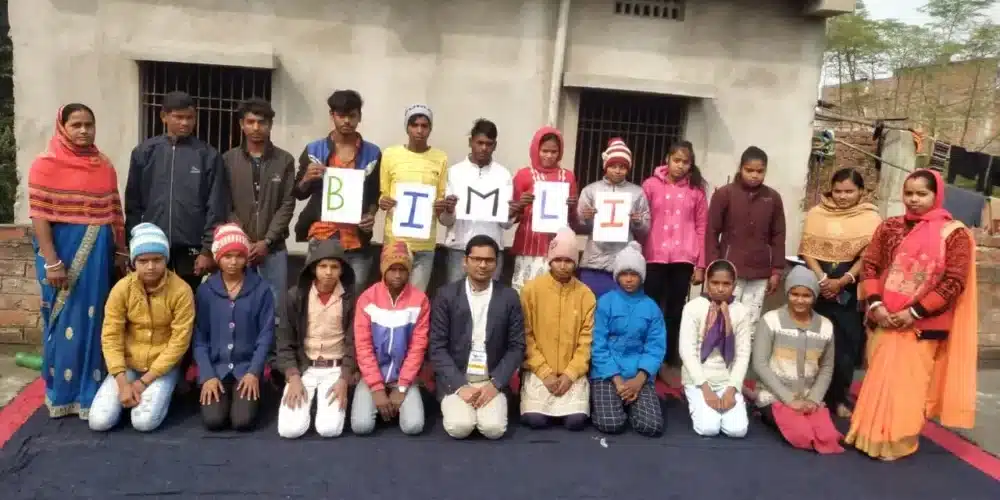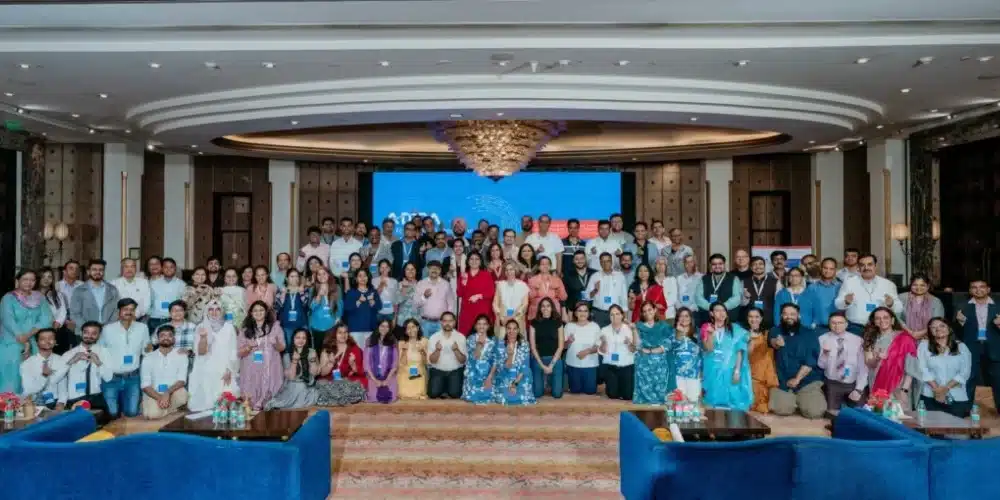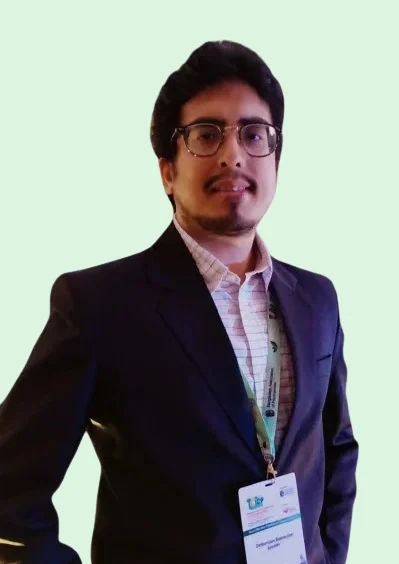
“We now live in a world where information is potentially unlimited. When information is cheap, meaning turns expensive.” – George Dyson
I believe that every physician is inherently a fact-checker, even though we often remain unaware of it. Not taught in routine medical curriculum, not evaluated in clinical examinations and not popularized in regular medical discourse – medical fact-checking counters misinformation, one of the most dangerous threats to public health.
Educating a person about his/her illness, correcting the medical facts, helping the individuals and their families to develop a ‘true and unbiased’ outlook towards their health condition, forms an integral component of treatment, though often neglected. Instant communication and social media have made it
easier than ever for people to get in touch with each other, regardless of time or place. While this is incredibly useful for a multitude of reasons, it has also created the perfect breeding ground for misinformation to spread like wildfire.
The ongoing COVID-19 pandemic and consequent digitalization
of our lives as a part of the “new normal” have further fuelled this fire. Most of us may not remember a single day since the beginning of 2020 that we did not come across an apparently ‘informative’ forward about the pandemic, which was indeed untrue.
Before I joined First Check a couple of years back, I was a silent fact-checker, unaware of my roles and implications my fact-checking has for healthcare. I started collaborating with a multi-disciplinary team comprising journalists, physicians, public health experts, health administrators, community workers, and an enthusiastic group of organizers dedicated to the cause of medical fact-checking. This made me realize how potentially damaging health misinformation and disinformation can really be and the various dimensions in which fact-checking can help health and social care.
This has a special relevance to me as a psychiatrist. Mental health has unfortunately been clouded with stigma, prejudice and stereotypes, especially in the low-and-middle-income countries. Help-seeking is reduced, and emotional concerns are minimalized based on numerous myths and hearsays about mental wellbeing and mental health conditions.
As per the National Mental Health Survey (NMHS) 2015-2016 data, one in five Indians suffer from some mental health condition but only 15% of them get the required treatment. In terms of sheer numbers, one can estimate what this treatment gap amounts to! A major impediment to mental healthcare is misinformation related to psychiatric problems that further perpetuates the age-old stigma. Working with First Check has made me realize that fact-checking can be used as an effective preventive and promotive tool for psychological health.
Fact-checking is not an easy job, but a dedicated and coherent team can make the work effective and enjoyable. This International Fact-Checking Day, as I look back at my journey as a medical fact-checker, I wish for a continued meaningful collaboration with First Check and more power to our work.
Salute to all fact-checkers – you make information count!
More power to Fact-Checking!

Dr. Debanjan Banerjee
Consultant Geriatric Psychiatrist,
Apollo Gleneagles Multispecialty Hospitals, Kolkata





